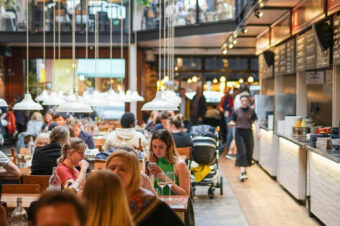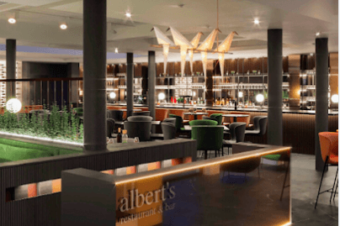Following the publication of a report that shows a ten year reduction in ‘binge-drinking’ and associated alcohol-related harms since the introduction of 24-hour drinking, the ALMR has praised the sector’s role in helping change attitudes towards drinking habits and warned against interference that may undo the good work.
The Institute of Economic Affairs has published a report: Drinking Fast and Slow: Ten years of the Licensing Act examining the impact of the introduction of the Licensing Act 2005.
The report states that:
- Per capita alcohol consumption has fallen by 17% since the Licensing Act was introduced, the largest reduction in UK drinking rates since the 1930’s.
- Rates of ‘binge-drinking’ have declined amongst all age groups since 2005, with the biggest fall occurring in the 16-24 age group.
- Since 2004/05, the rate of violent crime has fallen by 40%, public order offences by 9% and incidents of criminal damage by 48%.
- Evidence from England and Wales has contradicted the theory that longer opening hours would lead to more drinking, more drunkenness and more alcohol-related harm.
ALMR Chief Executive Kate Nicholls said: “The publication of this report confirms what the ALMR, and indeed the sector, has been saying for a while: that crime is falling, alcohol abuse is falling and pubs and bars are contributing to a fundamental change in the way alcohol is consumed in the UK. Additionally, the licensed hospitality universe has changed dramatically over the past ten years with the number of pubs and nightclubs declining, being replaced by innovative food-driven options.
“The experiment in 24-hour drinking has not prompted a feared increase in dangerous drinking habits and violence, instead we are seeing pubs and bars given the flexibility to trade to hours that suit them and provide safe environments for their customers. The late-night sector is making a vital contribution and the recent launch of our Late Night Manifesto underlines what an integral part of our economy this is.
“Worryingly, we have seen a few local authorities looking at the option of introducing Early Morning Restriction Orders, curtailing this thriving section of their local economies. There is a possibility that imposing earlier closing hours on premises could undo much of the good work of the past ten years. Late-night venues can continue to flourish and contribute to positive changes in attitudes, but only if they are permitted to do so.”








Leave a Reply